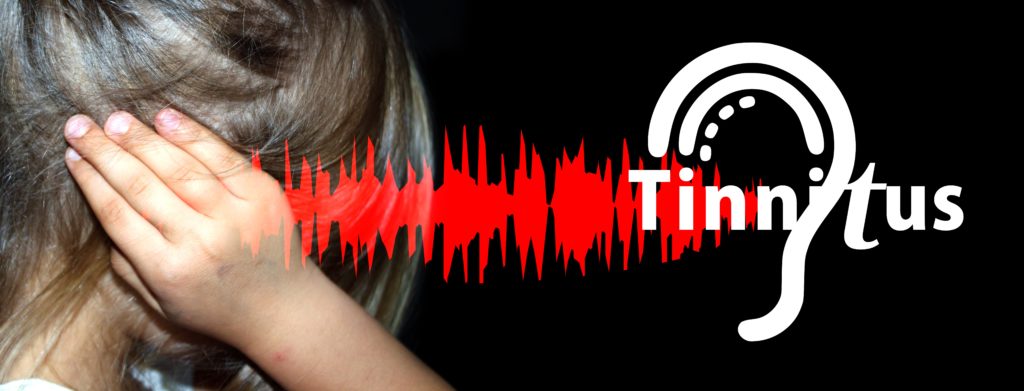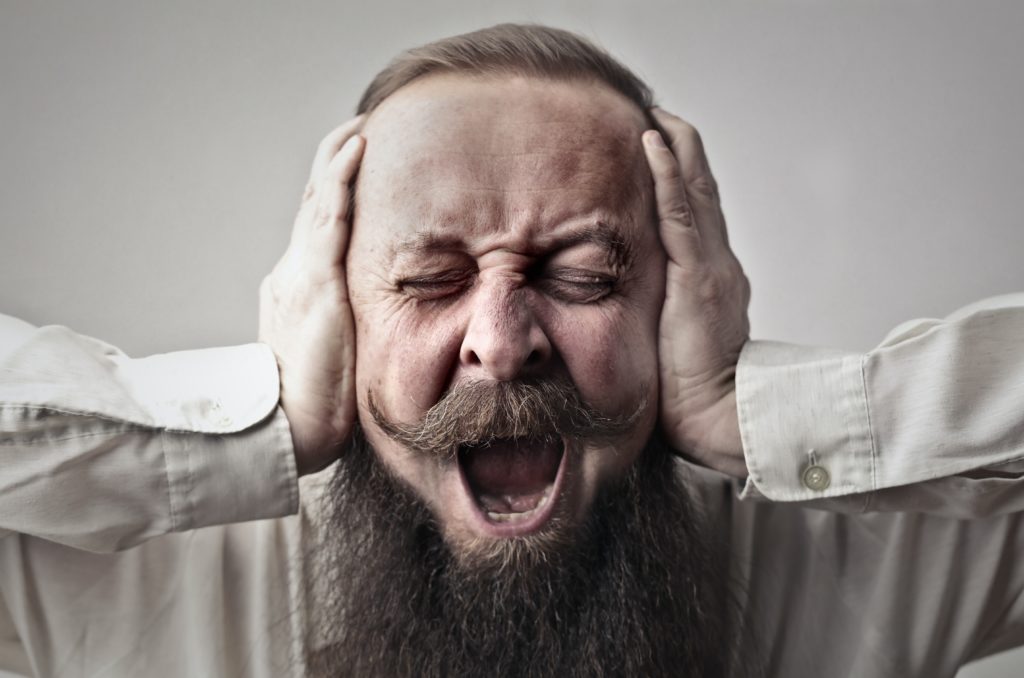What Is Tinnitus: Causes And How To Stop Tinnitus[updated 2020]

Every year, millions of ordinary people with diverse lifestyles, develop a ringing in their ears. The condition is called tinnitus. According to the American Tinnitus Association, as many as 50 million Americans may be suffering from tinnitus.
So many people are afflicted with tinnitus, that it is reasonable to assume it has become a top priority of the medical community. It may surprise you, that the condition is not well understood and is currently not curable. Tinnitus is a non-life-threatening condition. There is no urgency to cure it. However, anyone who has it, knows it has a profound effect on the quality of life.in fact Tinnitus may affect more than half of the American population. A curable ailment within the inner ear canal, tinnitus is noticed by continual ringing, hissing & swishing noises in ears that will not subside. When you suffer from tinnitus, you will feel like you’re insane and no one else can hear the noises.
What is Tinnitus?
Tinnitus, a phenomenon of the nervous system, is directly connected to the ear. This phenomenon is characterized by the perception of an internal beating or ringing like sound. This sound can appear to be quiet background noise, or loud enough to drown out all outside sounds.
Tinnitus is a symptom and not a condition in itself. Tinnitus describes the symptom of being able to hear things which nobody else can, although in a rare number of cases, this isnt true. Tinnitus is a very common condition with approximately 10% of the population suffering from Tinnitus to one degree or another. It is most commonly found in elderly people although it is becoming much more widespread in the younger population. Also, Tinnitus can be found in one or both ears or sometimes it feels like it is coming from the middle of your head.
The Symptoms of Tinnitus
Tinnitus is most commonly found in elderly people although possibly due to the different lifestyles it is becoming much more common in younger people now. Maybe this is due to the fact that people are living in noisier environments today.
The sounds which are heard vary from patient to patient. Some patients hear a musical tone, although most patients hear something which sounds more like hissing or whistling or a buzzing or a ringing noise. For a lot of patients, it is more of an inconvenience and doesn’t affect their daily lives although, for a number of patients, it is so bad that they need some kind of treatment to relieve the symptoms.
General Causes Of Tinnitus
* Immense ear wax. When excess wax builds up in the ear canal, it can weaken the ability to hear outside noises and may worsen noises in ears.
* Otis media is the medical term for a middle ear infection or inflammation of the middle ear. If left undiagnosed or untreated, Otis media can lead to infection of the mastoid bone behind the ear, a ruptured eardrum, and hearing loss. Sometimes, tinnitus symptoms begin again following a middle ear infection.
* Brain or head injury. General symptoms of a brain or head injury include loss of consciousness, confusion, drowsiness, personality change, seizures, nausea, headache and vomiting. Roughly 25% of individuals who sustain a brain or head trauma, experience tinnitis symptoms following the injury.
* Meniere’s disease is a disorder of the inner ear that affects balance and hearing. The tinnitus experienced by Meniere’s patients is continual and does not subside with time, although its levels may vary.
* Otosclerosis is an abnormal bone growth in the middle ear that causes noises in ears. About 75% of people with otosclerosis also experience tinnitis symptoms.
* Weak Circulation may be an indication of a serious heart disorder. Common symptoms of poor circulation include cold hands and feet, white fingers, dizziness when standing quickly, numbness, varicose veins, migraine headaches, tinnitus and noises in ears.
* High Blood Cholesterol: High blood cholesterol clogs arteries that supply oxygen to the nerves of the inner ear. Lowering blood cholesterol levels may reduce tinnitis symptoms.

Some Other Causes Of Tinnitus Includes :
- A sudden loud bang or noise
- Excessive Ear wax,
- Acoustic neuroma,
- Hypertension and atherosclerosis,
- Severe anemia and renal failure,
- Palatal myoclonus
- Thyroid disorders
- Glomus jugulare tumors
- Lyme Disease
- Loss of Hearing
- Drugs: aspirin overdose, loop diuretics, aminoglycosides, quinine,
- Injury to the head
- Temporomandibular and cervical spine disorders,
- Suppurative otitis media (also chronic infection and serous OM),
- Otosclerosis,
- Impacted wisdom teeth,
- Meniere’s disease,
- Arteriovenous fistulae and arterial bruits
- Stress and depression
The Treatment of Tinnitus
One of the problems with finding a cure, is that there are many forms and variations of tinnitus. To make matters worse, there are 17 known causes and that list is growing. How can one find a cure when the cause and symptoms can’t even be pinpointed?
For most patients, there is no cure for Tinnitus. Most treatments simply relieve the symptoms by masking the cause of Tinnitus.
Tinnitus is sometimes strongly related to the patient’s level of stress. By managing this level of stress via the use of sedatives, tranquilizers, or anti-depressants, the symptoms of tinnitus can be relieved.
Some drugs which affect the conduction of electrical impulses in the affected nerves have been found to relieve the symptoms of stress.
There are a number of self help measures which patients can employ either on their own or in tandem with any assistance that a doctor can prescribe. These include listening to soothing music on a personal. stereo before the patient goes to sleep. There are white noise generators which can mask the noise inside your head. This means that you cant hear the noise generated by tinnitus.
5 Quick Steps To Silence
* Avoid all loud sounds and noisy places.
* Avoid total silence try and mask the tinnitus with white noise.
* Avoid exorbitant use of alcohol, caffeine, or aspirin.
* Wear ear protection when using chain saws, guns, lawnmowers, loud music, or power tools. Exposure to loud noises can make tinnitus worse and can also cause additional hearing loss.
* Control stress levels and learn how to relax in stressful situations.
Most people with tinnitus also suffer from anxiety and lack of sleep. At night when all is quiet, the ringing in your ears may sound louder, making it harder to sleep. The lack of sleep, in turn, makes you more tired during the day which increases your anxiety and stress. Poor sleep induces depression, negative thoughts, and a resultant higher level of anxiety and tinnitus symptoms.

Sqribble Review : Creating An E-book In Less Than 5 Minutes.
[…] you very much for reading this sqribble review and also feel free to review and learn about tinnitus[the unpleasant noise maker in the head]and its […]
INSOMNIAC: THE ULTIMATE SLEEP THERAPY [PART 2]
[…] CLICK HERE TO LEARN ABOUT THE UNPLEASANT NOISE MAKER CALLED TINNITUS AND HOW YOU CAN CURE IT NATURAL…. […]
100% LATEST CHRONIC KIDNEY DISEASE SOLUTION REVIEW
[…] Click here to learn about tinnitus [the unpleasant noise maker] and how you can naturally deal with … […]